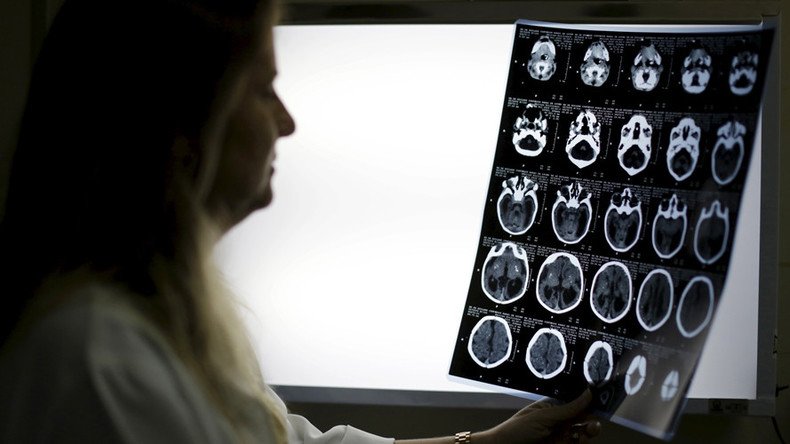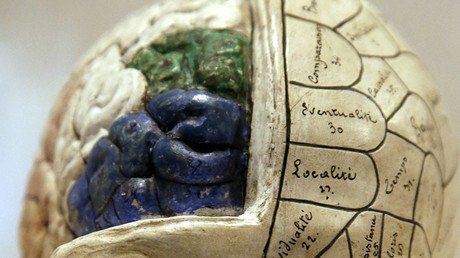Science of kindness? Generosity linked to specific part of brain, study says

While it may seem that generosity comes straight from the heart, a new study suggests otherwise. The research found that a person's desire to be good to others is down to their brain's wiring.
Scientists from Oxford University and University College London (UCL) used an MRI machine to locate the part of the brain that is responsible for making some people more generous than others.
Thirty-one participants with an average age of 23 were scanned by the machine. During that process, the participants then used a computer game that linked different symbols to cash prizes that either went to the player or to one of the study's other participants, according to New Scientist.
The researchers found that while people easily learn to make choices to benefit other people, they learn to benefit themselves even faster.
But when people were in the mindset to help other people, the scientists found that one specific part of the brain – the subgenual anterior cingulate cortex – was activated.
However, that region of the brain wasn't equally active in each person. Instead, empathetic people were found to have more activity.
“People who rated themselves as having higher levels of empathy learnt to benefit others faster than those who reported having lower levels of empathy. They also showed increased signaling in their subgenual anterior cingulate cortex when benefitting others,” Dr. Patricia Lockwood, a professor in Oxford University's department of experimental psychology, said in a statement.
The research represents the first time that scientists have shown a particular brain process for learning prosocial behaviors, such as generosity, as well as a possible link between empathy and learning to help others.
Lockwood said the results could provide a stepping stone to understand those who express “antisocial disregard.”
“By understanding what the brain does when we do things for other people, and individual differences in this ability, we are better placed to understand what is going wrong in those whose psychological conditions are characterized by antisocial disregard for others,” she said.
The study was published in the journal Proceedings of the National Academy of Sciences (PNAS).













